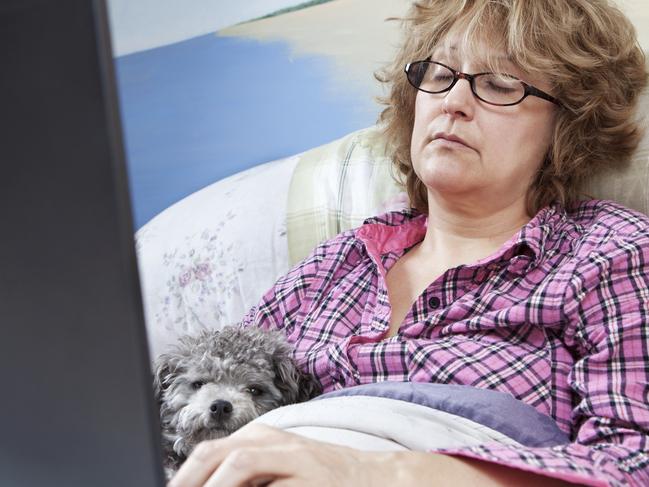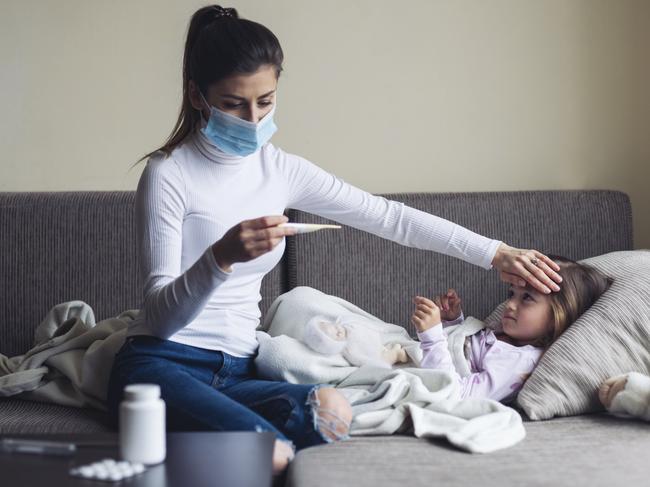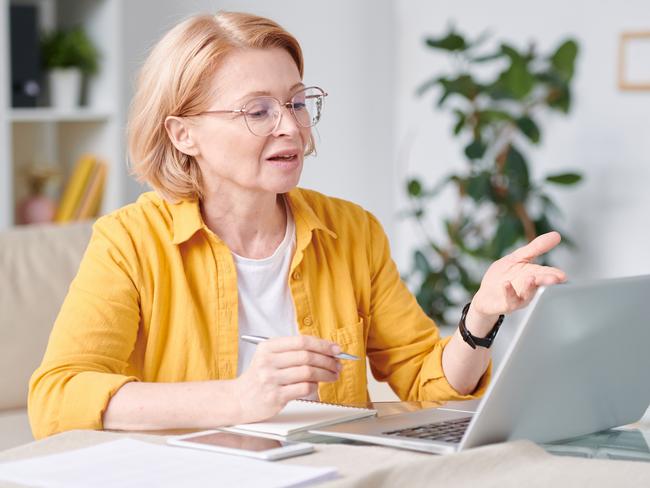Leave workers can take to self-isolate
Fair Work Ombudsman advice explains where workers stand if they or a family member has COVID-19 or is asked to self-isolate. See what type of leave is available in each situation.
In these unprecedented times, workers and businesses alike are clambering to figure out where they stand if staff catch coronavirus or are asked to self-isolate.
Who foots the bill? Is self-isolation sick leave?
In all cases, the Fair Work Ombudsman advises employers to consider whether their obligations are affected by any applicable enterprise agreement, award, employees’ employment contracts or workplace policies.
The general advice, however, is as follows:
WHO PAYS FOR SELF-ISOLATION IF A WORKER HAS CORONAVIRUS?
The Fair Work Ombudsman advises full-time and part-time employees who cannot go to work because they are sick with coronavirus can take paid sick leave.
An employer cannot require an employee to take sick leave, however, in these circumstances, the employee is not entitled to be paid unless they use their paid leave entitlements.
Employees with coronavirus are legally obligated to not attend the workplace.
They must give their employer reasonable evidence of the illness if their employer asks for it.

An employer can also direct an employee not to come to work, provided the employer is acting reasonably and the direction is based on factual information about health and safety risks, including the Australian Government’s health and quarantine guidelines.
Casual employees do not have paid sick or carer’s leave entitlements under the National Employment Standards so are typically not entitled to be paid when they do not work – including if they miss a shift because they are sick with coronavirus.
Similarly, independent contractors are not employees and do not have paid leave entitlements under the Fair Work Act.
WHO PAYS IF A WORKER’S FAMILY MEMBER HAS CORONAVIRUS?
If a full-time or part-time employee needs to look after a member of their family or household who is sick with coronavirus, they can take paid carer’s leave.
Carer’s leave is interchangeable with sick leave – often collectively known as personal leave.
They can take unpaid carer’s leave if they have no paid carer’s leave left.
Under the Fair Work Act, casual employees are entitled to two days of unpaid carer’s leave per occasion.
An employee must give their employer reasonable evidence of the family or household member’s illness if their employer asks for it.

WHO PAYS IF A WORKER’S NOT SICK BUT HAS BEEN ORDERED TO STAY HOME?
The Fair Work Ombudsman advises if an employee cannot work because they are subject to an enforceable government direction requiring them to self quarantine, the employee is not ordinarily entitled to be paid unless they use leave entitlements, such as paid annual leave.
In this case, their inability to work is because of an enforceable government direction, not because of their employer.
The Fair Work Act does not have specific rules for this situation so employees and employers must come to their own arrangement.

For example, the employee may be asked to work from home, take annual leave, or take any other leave available to them, such as long service leave.
If the employee can only complete a portion of their role from home, the employer may offer to pay them for a certain number of hours per day to complete those tasks but require the employee to take leave for the remaining hours.
Casual employees do not have paid annual leave entitlements under the National Employment Standards and usually are not entitled to be paid when they do not work – including if they miss a shift because they are required to self isolate.
Similarly, independent contractors are not employees so do not have paid leave entitlements under the Fair Work Act.
WHO PAYS IF A WORKER IS NOT SICK BUT THEIR EMPLOYER HAS ASKED THEM TO STAY HOME?
If an employer directs a full-time or part-time employee who is not sick with the coronavirus to stay home in line with non-enforceable advice, such as the Australian Government’s health and quarantine advice, the employee should ordinarily be paid while the direction applies without having to take leave.
However, this may differ depending on specific circumstances.
WHO PAYS IF A WORKER IS NOT SICK BUT MUST STAY HOME TO CARE FOR A CHILD DURING SCHOOL OR CHILDCARE CLOSURES?
Paid carer’s leave is available to full-time or part-time employees that need to look after a member of their family or household because of an unexpected emergency.
A school or childcare centre closing on short notice and for a short period due to concerns about coronavirus is an unexpected emergency for this purpose.
Casual employees are entitled to two days of unpaid carer’s leave per occasion.
Full-time and part-time employees are also entitled to take two days of unpaid carer’s leave per occasion if they have no paid carer’s leave left.

Anyone with a specific inquiry about their workplace obligations or entitlements can contact the Fair Work Ombudsman on 13 13 94 and select the prompt for the coronavirus hotline.
An interpreter service is also available on 13 14 50.
READ MORE EMPLOYMENT NEWS IN SATURDAY’S THE COURIER-MAIL, THE ADVERTISER, THE HERALD SUN AND THE DAILY TELEGRAPH

